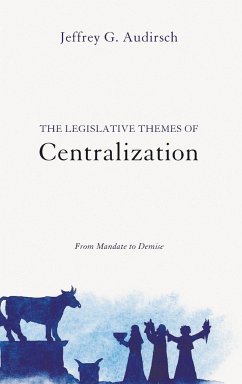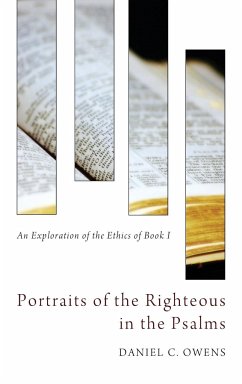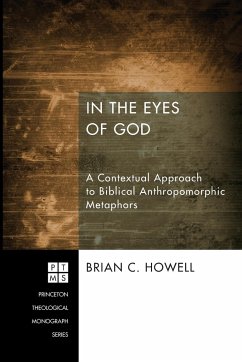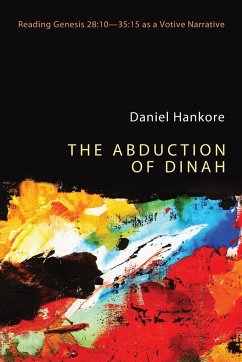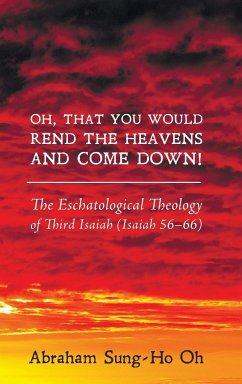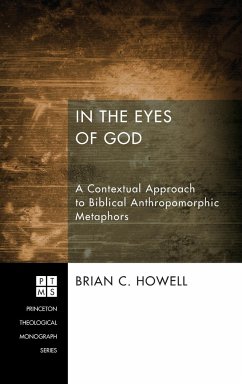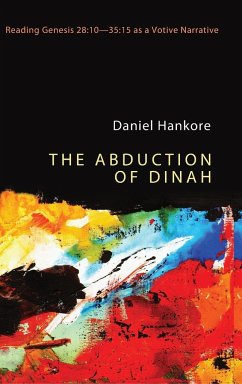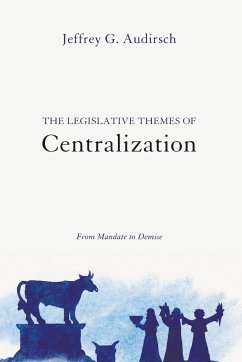
The Legislative Themes of Centralization
Versandkostenfrei!
Versandfertig in 1-2 Wochen
26,99 €
inkl. MwSt.
Weitere Ausgaben:

PAYBACK Punkte
13 °P sammeln!
The centralization of the cult mandate in Deuteronomy has captivated scholars for over two centuries. Related to this mandate are five legislative themes--abrogation of idolatry, tithing, the Israelite festival calendar, judiciary officials, and the priesthood. Collectively, these themes are interwoven into the Deuteronomic social, political, and religious infrastructure. Interpreted through an exilic lens, this study examines the themes through the relevant literary strata in the Enneateuch. In doing so, the themes are identified as playing an instrumental role in the demise of the divided mo...
The centralization of the cult mandate in Deuteronomy has captivated scholars for over two centuries. Related to this mandate are five legislative themes--abrogation of idolatry, tithing, the Israelite festival calendar, judiciary officials, and the priesthood. Collectively, these themes are interwoven into the Deuteronomic social, political, and religious infrastructure. Interpreted through an exilic lens, this study examines the themes through the relevant literary strata in the Enneateuch. In doing so, the themes are identified as playing an instrumental role in the demise of the divided monarchy. It is through the demise of the divided monarchy that the book of Deuteronomy, especially the centralization mandate, takes on a new meaning--a utopian desire. Thus, the rhetorical strategy of centralization, once contrived to unify and purify the cult, actually leads to failure and serves as motivation for reform during the exilic period.





